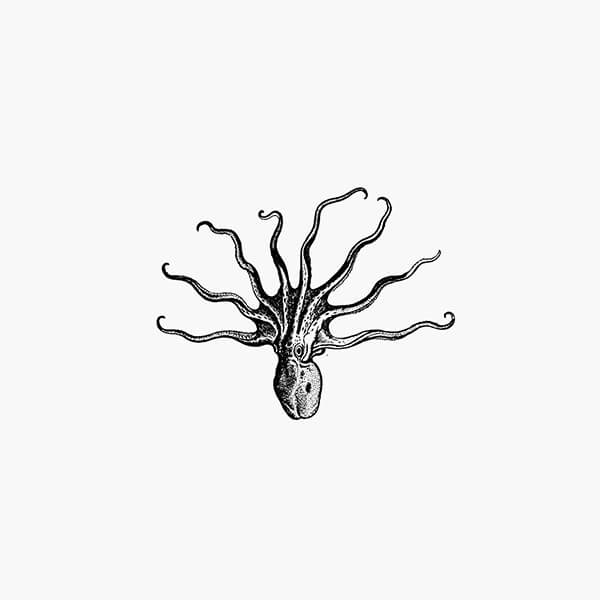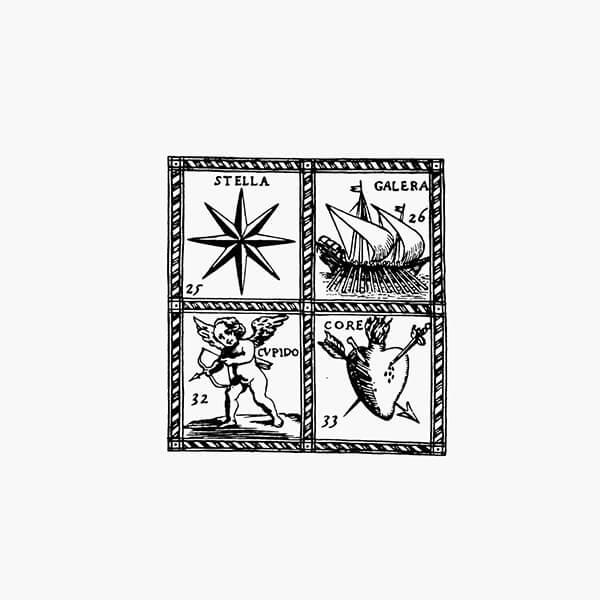



























Blue Library
9820 La guerra dei Turcomanni
Arthur de Gobineau
1972 / 88 PAGES.
Language: Italian
Ironic and cruel, Gobineau writes a satire of human iniquities. Narrating the odyssey of an Iranian soldier, he depicts an archaic world: the margins of the civilisation of the destitute expressed so congenially by the fatalist and ever-changing Islamic soul.
Through the adventures of an Iranian soldier who has fallen prisoner to the Turkmens, this picaresque tale by the infamous French author and diplomat Joseph Arthur de Gobineau actually depicts the universal odyssey of the destitute forced – in the name of survival – to resort to all the tricks of the art of getting by, in a resigned Oriental fatalism that envisages no redemption. Yet against this backdrop devoid of any ideals and amid cheating, clever tricks, wiles, ruses and lies, the incredible adventures of Aga (the protagonist, with whom the author sympathises greatly), never fail to bring a smile to readers thanks to the humour and irony of the writing. From another perspective, the book shows the ongoing clash between two civilisations – the urban and merchant Iranian one and the nomadic, plundering Turkmen one – with the sharp, melancholic and keenly aware gaze of an exponent of the European civilisation that would ultimately triumph over both.